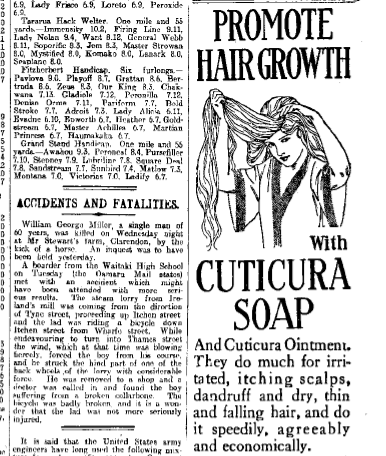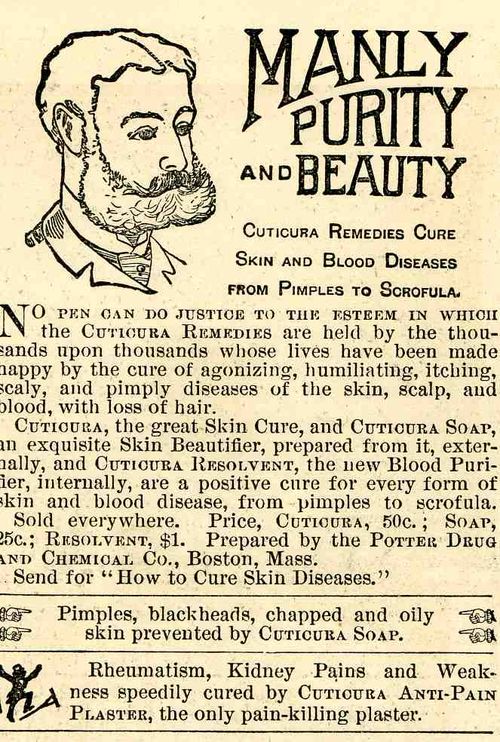I see from Twitter that a lot of older people (80-90) are determined to get their hair done. Men and women across the land feel that the worst thing in the world is to cancel a hairdresser’s appointment.
My first thought was they are very lucky to have a hairdresser to go to. Mine shut up shop as soon as the lockdown was announced. Like most of Farnham, actually.
I do realise that the older one gets, the more important scheduling and routine becomes. I know I suffer from it. It makes the girls happy but, as Mirinda keeps reminding me, it’s important to just do things off the cuff as well.
I struggle if something is planned, particularly if it has been officially logged in the calendar we share, and is then cancelled or rearranged. Being in the calendar makes it sacrosanct.
Of course, during this time of lockdown, everything has changed. Appointments are being cancelled left, right, up, down and centre. This is the new Appointment Anarchy.
As far as hair is concerned, I came across this ad today while I was researching an Australian soldier. I was instantly struck by the copious amounts of hair on this woman’s head. It’s an excellent example of how advertising seeks to convince you that you’re inadequate.

[In a literal side note…I also see that poor William George Miller died when he was kicked in the head by a horse. I’d like to think Mr Miller had a full head of hair because of his use of Cuticura soap. Though no amount of hair growth will stop a horses hoof.]
I couldn’t resist digging a little deeper.
It seems that one Mrs Darling, the wife of a missionary, was a great advocate of Cuticura. In 1908 she wrote a letter to the company claiming it was responsible for the most amazing improvements to her children’s heads. She was pretty keen on the ointment which she maintained, banished dandruff for good.
Her daughter had the most appalling dandruff. Mrs Darling seriously thought she was going to lose all her hair. After a single application of the miracle ointment followed by a wash with the shampoo, her daughter’s hair started to emerge flakeless and luxuriant.
She was so pleased with the product that she insisted the company print her letter. Of course, they did. I am a bit surprised that the wife of a missionary didn’t just ask god for a bit of follicular help.
I have to wonder how we still have bald people when Cuticura was so brilliant at promoting hair growth. And how come there’s still dandruff?
The company still exists (Cuticura UK) but no longer claims to promote hair growth. These days it’s all about hand gel and sanitiser. This makes me wonder what they started advertising during the Great Flu Epidemic of 1918.
Cuticura itself started in 1865 and ‘has been trusted by families for over 150 years.‘

I’m not sure that the schoolgirl complexion would necessarily go with my beard. And, anyway, who uses soap on their face? This seems a bit odd.
The company responsible for this miracle of hair re-grower was Potter Drug and Chemical. The company was originally Weeks and Potter of Boston which developed and sold medicines and other magic potions.
The name may have been created by a man called George Robert White who started working for the Weeks and Potter as a child and, in true American fashion, eventually owned it. He also left $50,000 in his will to be used to build a memorial to himself after his death.

https://commons.wikimedia.org/wiki/File:George_Robert_White_Memorial_-_Boston,_MA_-_DSC02616.JPG
While clearly big on self promotion, George also left a sizeable trust fund to the city of Boston ($5,000,000 in 1922) to be used for charitable concerns. He was actually widely known for his philanthropy and sounded like an all round nice guy.
As nice as he undoubtedly was, his charitable fund was only available for projects to make the city of Boston beautiful. This beautification was intended to give the poor something pretty to look at while they were starving…I guess.
I’m also not totally convinced by the Angel Statue or the reference to soggy bread.
Just like not everyone was convinced by the Cuticura claims. In 1914, having put the soap to numerous tests, Good Housekeeping magazine wrote that ‘Excessive claims made for Cuticura as to the prevention and treatment of skin eruptions, are not warranted by its composition.’
The company also claimed they had a cure for syphilis but this turned out to be highly unlikely. Particularly if people were spreading it on their heads.
Here’s a lovely piece about the wild claims for Cuticura. With apologies for stealing their image but I couldn’t resist it.

I rather fancy the unique anti-pain plaster.


